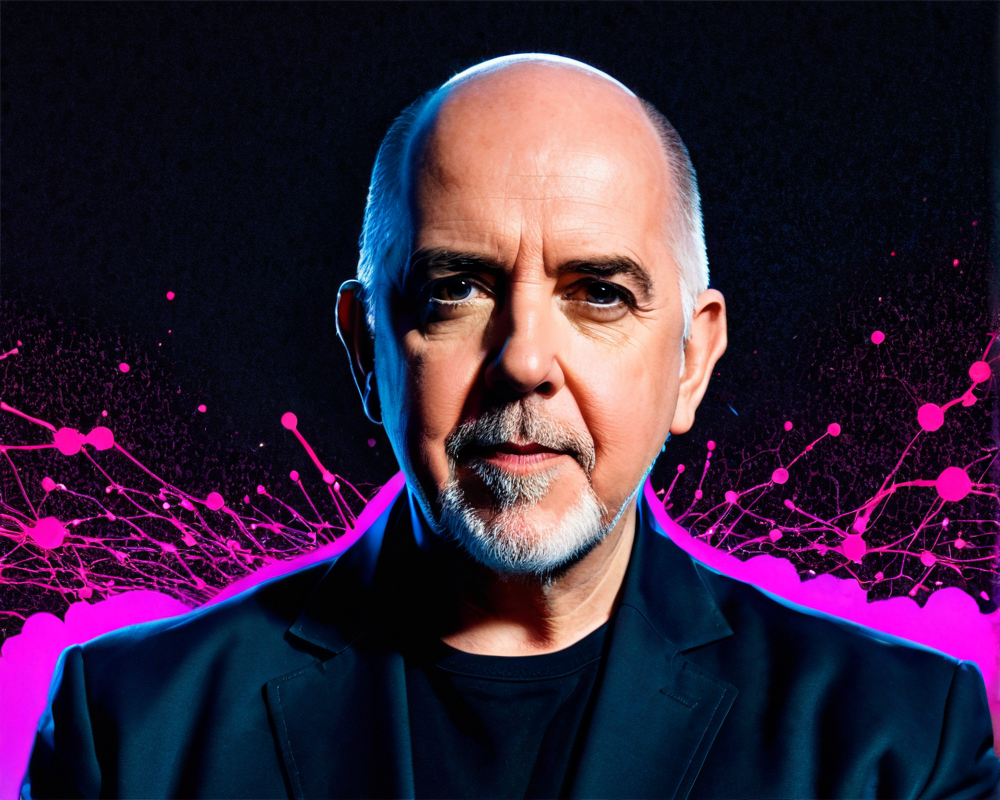Understanding the Call for a Consolidated Regulator
In a recent speech that caught the ears of many in the financial world, Michael Hsu, the acting head of the Office of the Comptroller of the Currency (OCC), presented a compelling argument for why cryptocurrency firms operating across borders should be regulated by a single entity. Hsu emphasized that without a home regulator, these firms are likely to engage in “shell games” to avoid regulatory scrutiny, raising eyebrows and concerns about their actual risk profiles.
Lessons from Traditional Banking
Drawing parallels between traditional banking and cryptocurrency platforms, Hsu argued that many of the issues plaguing the crypto world are reminiscent of past banking failures. He cited the infamous Bank of Credit and Commerce International (BCCI), which was involved in numerous financial scandals, as a crucial example. The crux of Hsu’s argument is that just as the BCCI’s regulatory fragmentation made oversight nearly impossible, so too does the current state of global crypto supervision.
Fragmentation: The Regulatory Red Flag
According to Hsu, the “fragmented supervision” of crypto firms prevents any single authority from gaining a complete understanding of their operations. He noted, “By seemingly being everywhere and structuring entities in multiple jurisdictions, they were effectively nowhere and were able to evade meaningful regulation.” This lack of transparency can end up hiding the true risks associated with these platforms.
The Mirage of Peer-to-Peer Payments
Hsu critiqued the idea that cryptocurrencies facilitate peer-to-peer payments, labeling it as little more than a mirage in today’s landscape. Instead, he suggested that crypto has morphed into an alternative asset class primarily driven by trading activity. Without regulation, the trust in these intermediaries can vanish overnight, and the resulting fallout could have severe consequences for the broader financial system.
Moving Toward a Global Framework
As noted in his speech, Hsu advocates for a cohesive global supervisory body to manage crypto enterprises effectively. Organizations such as the Financial Stability Board (FSB), the International Monetary Fund (IMF), and the Bank for International Settlements (BIS) are working together to establish proposed standards for crypto oversight.
Final Thoughts: Trust Is Key
In closing, Hsu reminded the audience that trust is incredibly fragile and essential for any financial system. Drawing from lessons learned the hard way in the traditional banking sector, he stated, “Regulatory coordination and supervisory collaboration can help mitigate the risks of losing that trust.” As the crypto world continues to evolve, having a consolidated home regulator might be just the solution needed to keep it from crumbling under its own weight.




